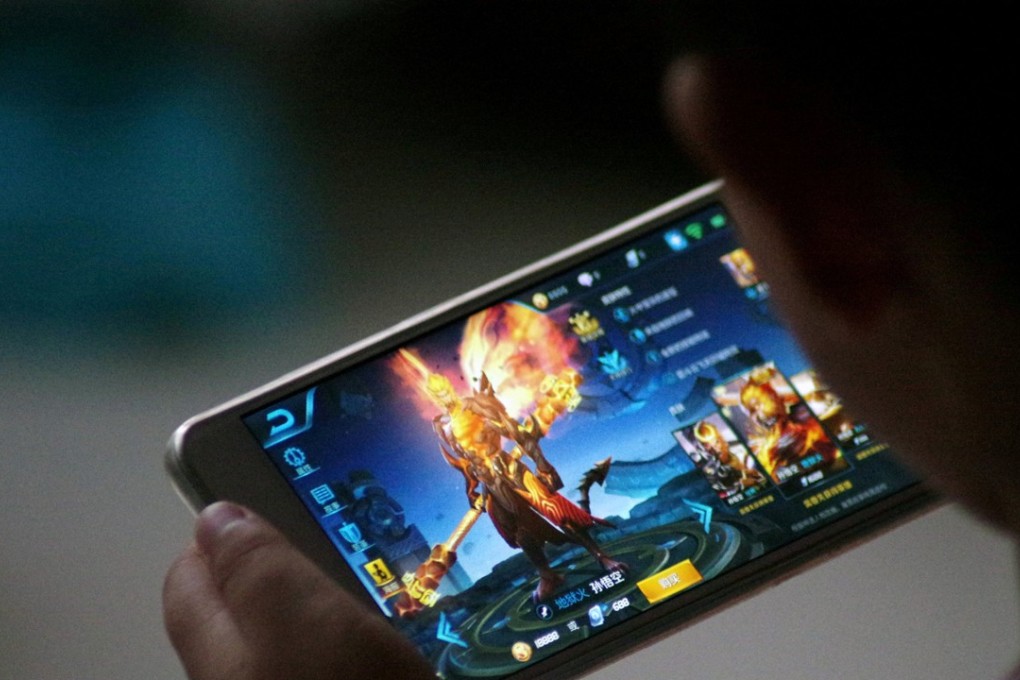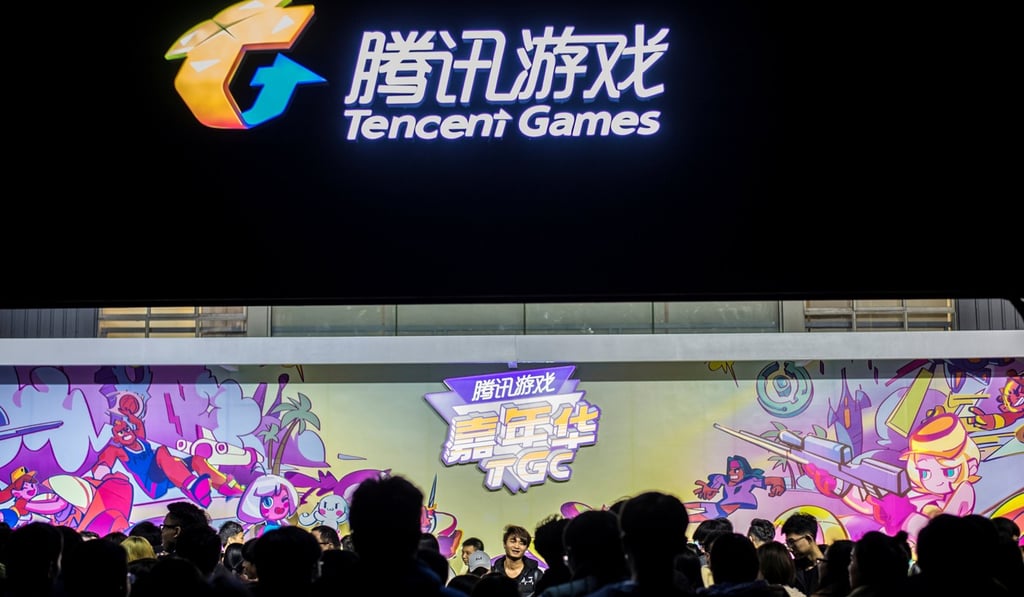Tencent launches strictest verification system yet to detect minors after Beijing’s call for action on gaming
Chinese President Xi Jinping has spoken publicly about the need to help children’s eyesight and called for the nation to address the problem

Tencent Holdings, the world’s top-grossing games publisher by revenue, will launch its strictest real-name verification system yet to detect and protect minors in China, using police data for the first time amid tighter scrutiny by Beijing of the impact on children’s health from video gaming.
Expected to go online around September 15, the new real-name verification process for its blockbuster game Honour of Kings will cross-reference a new user’s identity with data from the public security authority, and include the user in its anti-addiction system if they are identified as a minor, the company announced on Thursday.
“Tencent has always attached great significance to the issue of healthy access to the internet for minors,” said Tencent in a statement. “We have responded actively to the call of our country, and proactively developed a number of initiatives [to deal with this issue].”

Chinese President Xi Jinping has spoken publicly about the need to help children’s eyesight and called for the nation to address the problem. Myopia among students is more common and is affecting children at younger ages, Xi said in August, according to the Xinhua News Agency. Meanwhile, in March China announced a government overhaul which dismantled the top media regulator and replaced it with three new bodies responsible for the press, film, radio and television sectors, respectively – halting all new game approvals in the process, which has weighed on share prices in the sector.
Shares in Tencent have slumped around 25 per cent this year after the Shenzhen-based company reported a 2 per cent drop in second-quarter profit on lower gaming revenue and investment-related gains – its first profit decline since 2005. Tencent’s mobile-game business reported a decline of 19 per cent to 17.6 billion yuan (US$2.6 billion) from the prior quarter, as it failed to get approval to charge fees for popular tactical tournament games and new releases were delayed.